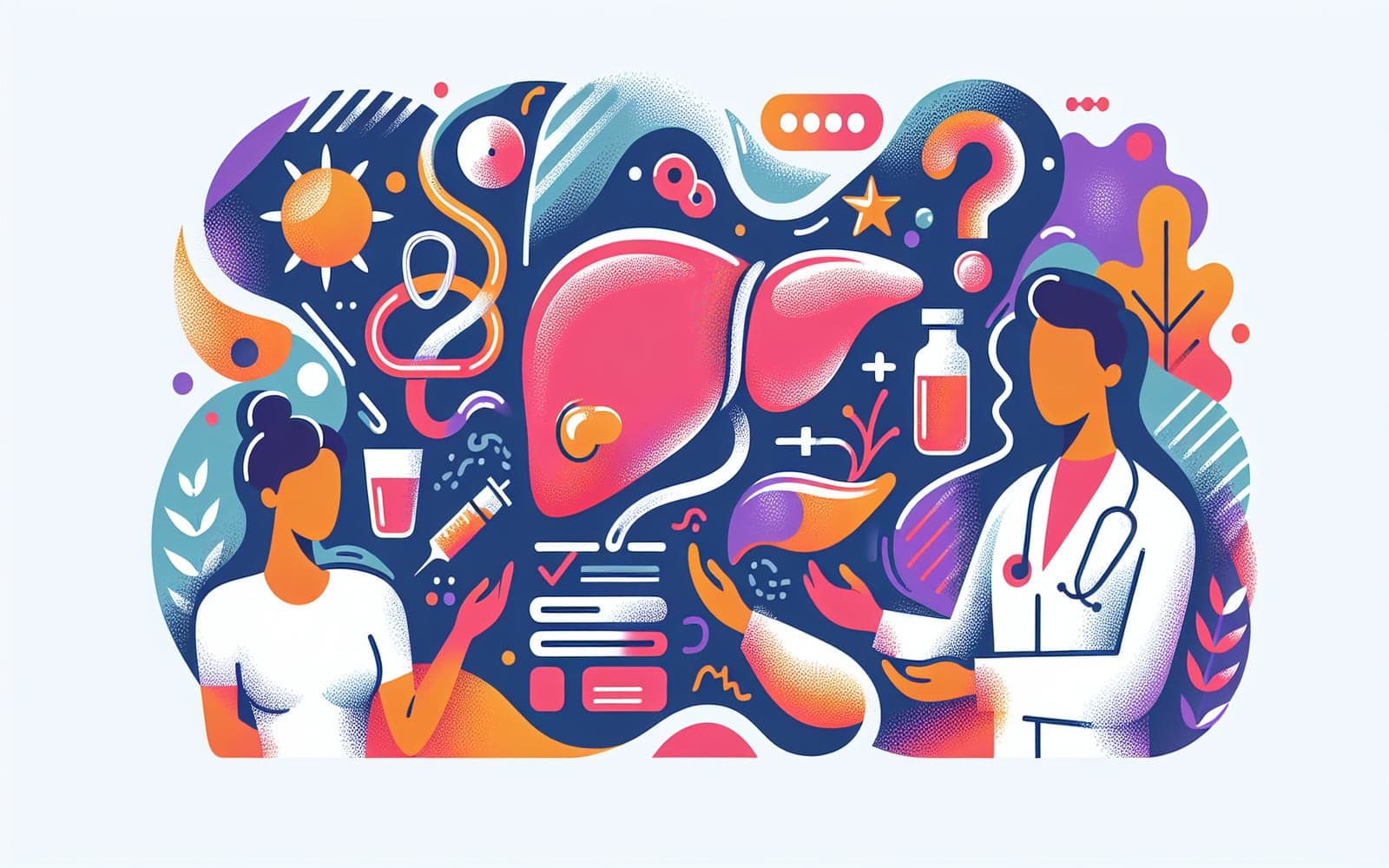Is Your Liver in Trouble? Signs You Shouldn't Ignore
Published: Dec 29, 2023

Medically reviewed by Alan Lucks | MD, Alan Lucks MDPC Private Practice - New York on December 29th, 2023.
Liver disease can sneak up on you, but certain tests can reveal its presence. Learn the signs and how these tests can help detect liver problems early.
Contents
Spotting Liver Trouble Early
Liver tests can be a first step in spotting liver disease before symptoms appear. They measure enzymes like aminotransferases, which increase when liver cells are damaged. Early detection through these tests can lead to better outcomes with timely interventions.
Understanding Liver Enzyme Tests
Enzymes like aminotransferases leak into the bloodstream when liver cells are injured. Elevated levels can indicate conditions such as hepatitis or liver damage from alcohol. Recognizing these patterns helps doctors determine the cause and extent of the damage.

Bilirubin and Liver Health
Bilirubin, a byproduct of red blood cell breakdown, is processed by the liver. High bilirubin levels can cause jaundice and may signal liver dysfunction. Monitoring bilirubin can help assess liver health and guide further testing.
Frequently Asked Questions
They suggest liver cell injury or disease.
Yes, they can reveal issues before symptoms appear.
High levels may indicate liver dysfunction.
They rise when liver cells are damaged.
Key Takeaways
Early detection through liver tests is crucial for managing liver health effectively.
Next steps: Talk to Doctronic to assess your liver health and explore preventative measures.Related Articles
References
Pietrangelo A, Panduro A, Chowdhury JR, Shafritz DA. Albumin gene expression is down-regulated by albumin or macromolecule infusion in the rat. J Clin Invest 1992; 89:1755.
Sun X, Martin V, Weiss RH, Kaysen GA. Selective transcriptional augmentation of hepatic gene expression in the rat with Heymann nephritis. Am J Physiol 1993; 264:F441.
This article has been reviewed for accuracy by one of the licensed medical doctors working for Doctronic. Always discuss health information with your healthcare provider.

